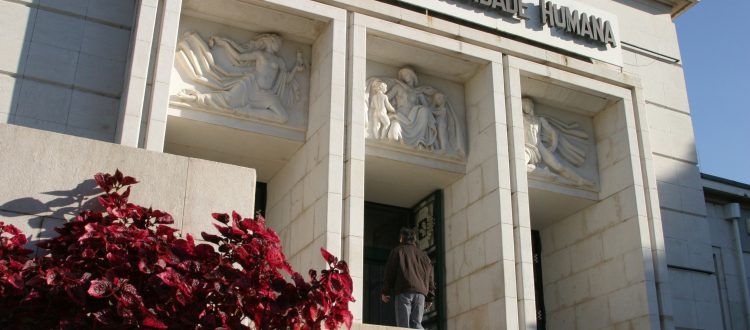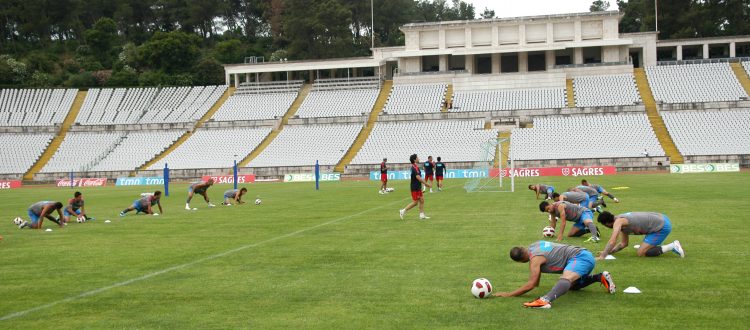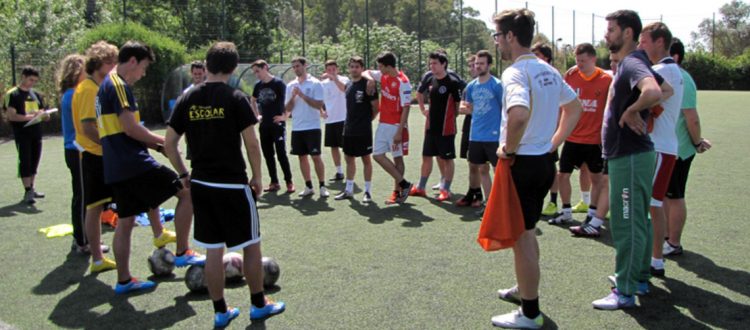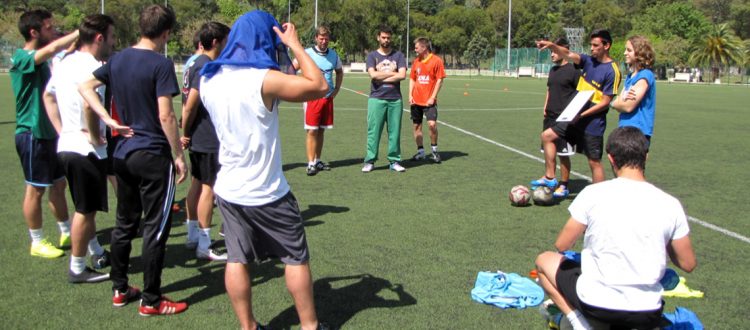Faculty of Human Kinetics
The University of Lisbon (ULisboa) is the successor of the former Technical University of Lisbon and University of Lisbon resulting from the merger of the two institutions, including nowadays 18 Faculties and Institutes, in varying areas of knowledge, science, technology, arts and humanities.
At Universidade de Lisboa, the Faculty of Human Kinetics (FMH) is the oldest sports and physical education faculty in Portugal. Nowadays, the main goal of FMH is human development through movement by means of studying the body and its manifestations in the interaction between biological processes and sociocultural values.
The school was founded in 1930, one of the very first schools in Europe to deal with the emerging science of sport, delivering today several BsC, MsC and Doctoral Programs.
The Faculty establishes cooperative relationships and seeks strategic partners to meet its goals, presenting a wider range of study areas of interest to different sectors of society – education, sports, health, industry, and the arts.
The number of research projects funded by national and European governing bodies, as well as by private institutions, increased considerably in the last years, as a result of an investment in partnerships for research and innovation activities. Alongside with this investment in research, FMH holds initial degrees in sports sciences, but also in dance, psicomotor rehabilitation, ergonomics and sports management. Several master programs take place also every year, with a particular emphasis to the Sports Coaching and High Performance Training programs in the Training science field.
FMH is now an inspirational place for many foreign students coming from all around the world.
FMH as a coach education hotbed
FMH has a long tradition educating some prominent and world recognized soccer coaches such as José Mourinho, Carlos Queiroz, Rui Vitória and others. In the last years FMH is investing some effort to re-shape and internationalize its long tradition in sports coaching education, especially in the soccer domain. As an example of this strategy, a relevant part of the post-grad teaching staff are composed by some former FMH soccer students whom are currently working at professional level worldwide.
Nowadays FMH continues to educate around 60 new soccer coaches’ candidates every year, who try to learn and develop themselves in the inspirational environment of their predecessors. Some particular aspects of the coach education hotbed are currently:
- The composition of the football teaching staff, which is composed by people blending relevant practical experience in coaching with high level of academic studies;
- A high number of events and seminars every year with prominent soccer coaches sharing their perspectives and enclosing the proximity of the students to the best practices;
- The non-formal activities of the ‘Nucleo de Futebol’, a group of current and past soccer students that promotes informal debates and networking activities with the soccer world;
- A large part of the soccer studies are developed in clubs settings under the supervision of a FMH teacher and a local club experienced tutor;
- Contents are drilled progressively, based on best practices and recent research, and taught using active teaching-learning methodologies engaging students in the learning process;
- Frequent exchange between less and more experienced students/coaches sharing a common Faculty environment.



